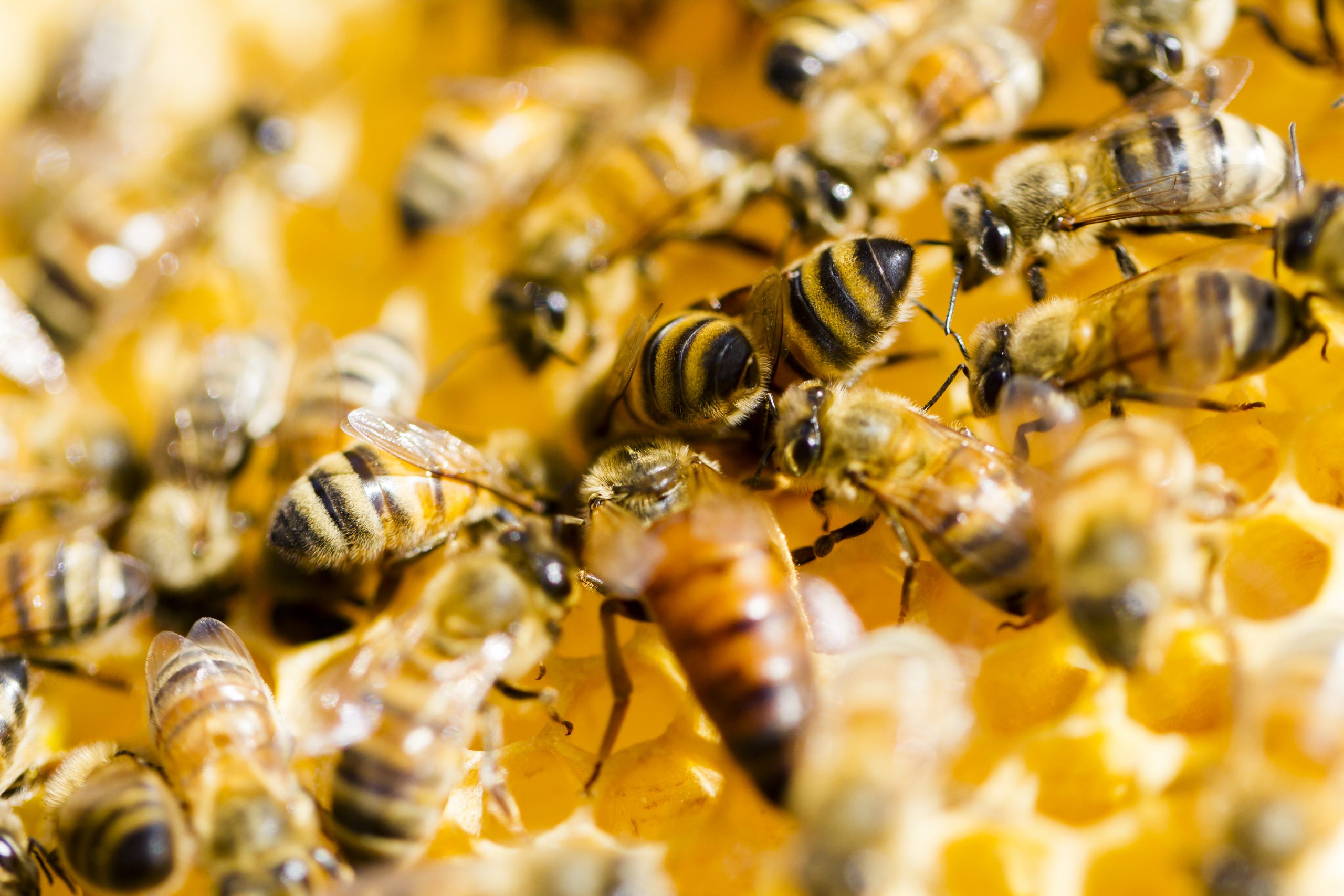Oregon Beekeepers Fighting Back Against Colony Collapse Disorder
August 16, 2015
Beekeepers Trying to Keep Bees and Businesses from Extinction
Billions of bees have perished due to Colony Collapse Disorder over the last decade. Colony Collapse Disorder, or CCD, is an umbrella term for a number of different factors that are thought to be killing off large numbers of bees across the United States and across the world. The dwindling bee populations not only threaten the nation’s crop supply but also the livelihoods of many beekeepers across the country. Since the population decline, beekeepers have been going to great lengths to save their colonies.
Devon and Landon Prescott, beekeepers from Corvallis, Oregon, spent a recent summer morning opening beehives and trying to locate the colony’s queen. A bee hive without a queen is doomed to die off, so replacing a missing queen bee is crucial to the colony’s survival. Devon and Landon inspected each hive and, when a queen could not be found, they pulled a replacement queen from a large box in the back of their truck – each queen bee carefully packaged in a smaller, individual wooden box.
“That’s pretty bad,” said Devon, 21, while peering over his brother’s shoulder at a bee-covered screen while doing an interview with The Washington Post. The team was checking one of their 1,400 bee hive boxes trying to locate the colony’s queen. Each of the queen bees the brothers replaced was specially ordered and delivered from a warmer weather climate and each of them cost the Prescott’s $20. Sadly, too many hives without queen bees could put young beekeepers and business owners out of business.
The extraordinary effort that beekeepers are putting forth to save their colonies is starting to pay off. According to new data released by the Department of Agriculture shows the number of bee colonies being managed is on the rise – numbers rose to 2.7 million across the nation in 2014, the highest they had been in 20 years. Even with this great progress, bees are still dying at alarming and unacceptable rates, especially in states like Oklahoma, Florida, and other states bordering the Great Lakes.
Ramesh Sagili, the principal investigator at Oregon State University’s Honey Bee Lab, said, “People ask me, ‘The bees are going to be extinct soon?’ I’m not worried about bees being extinct here [Oregon]. I’m worried about beekeepers being extinct.” American beekeeping is already a declining profession since the rigorous effort to combat CCD is taking its toll. With this in mind, a new generation of honeybee enthusiasts and beekeepers has begun to take up the task of saving the honeybees.


.jpg)




